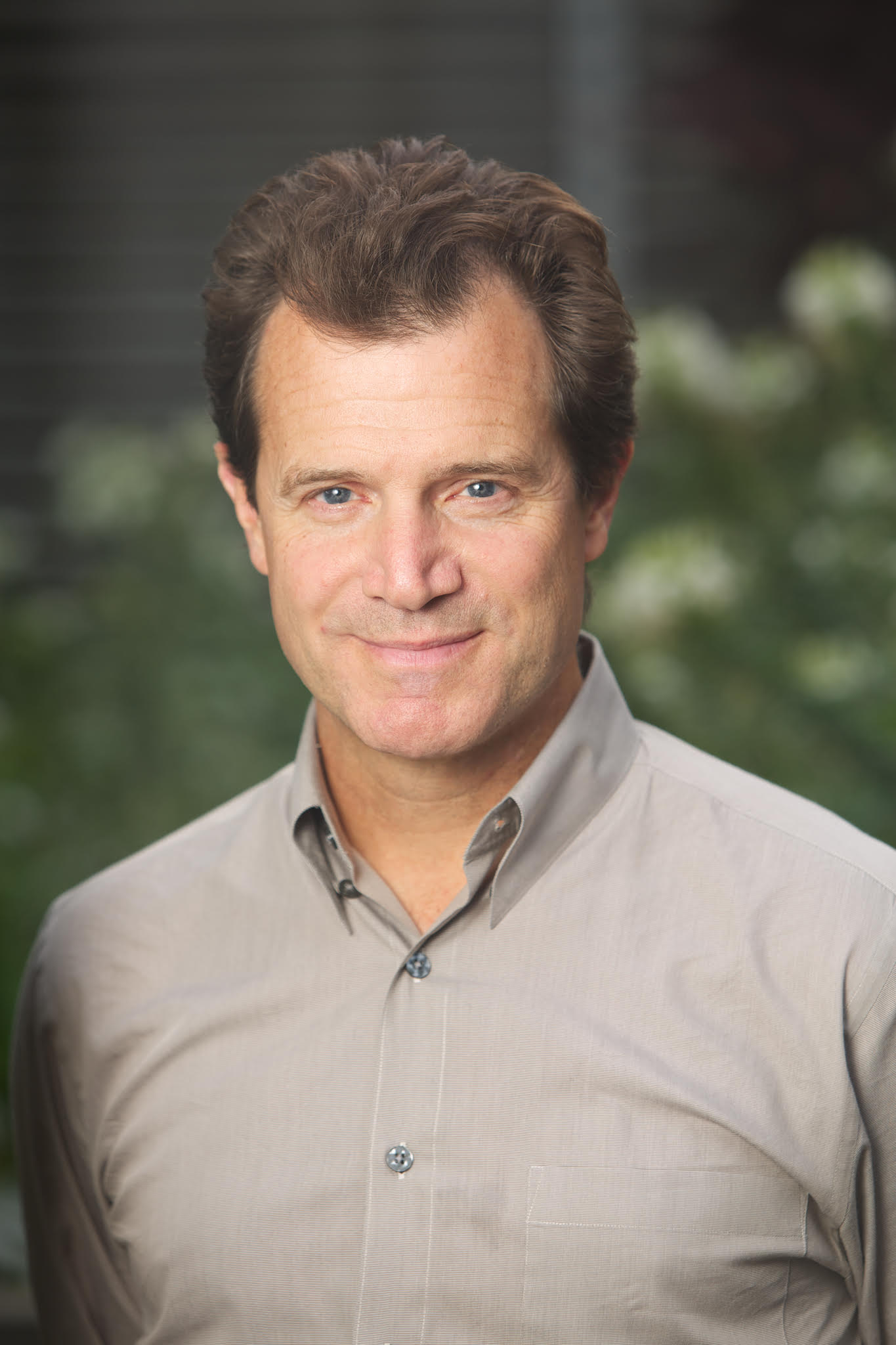Democracy is Alive: parallels between Rethinking Poverty and Constituent Voice
Posted on 24 Oct 2017 Categories: Blog, Responses to Rethinking Poverty
by David Bonbright
Last month I attended a very British event at the London School of Economics. A hundred or so of us gathered in the Shaw Library, named after George Bernard Shaw, one of the founders of LSE. We were invited there by the Webb Memorial Trust, a charity dedicated to advance the values of another founder of LSE, Beatrice Webb, one of the intellectual architects of the modern welfare state. Both are portrayed in the stained glass ‘Fabian window’ elegantly installed in what feels like a secular altar at the head of the room.

For 20 minutes or so, slam poets mingled with members of the House of Lords, chatting informally over tea and cucumber sandwiches. There were academics aplenty; journalists, activists and philanthropoids too. And then our hosts whispered us into the rows of uncomfortable wooden chairs and the proceedings began.
The wash and rinse cycle of ‘history of ideas in the making’ that followed was rather remarkable. Mike Parker, Secretary of the Webb Memorial Trust, whose father was a friend of the Webbs and helped set up the Trust when Beatrice died in 1943, welcomed us and provided the historical context. If being in the room amidst all the iconography had not done it, this invocation completed the job: we were sitting shoulder to shoulder in the crucible of intellectual struggle that over decades wrought a new world order, at least for the western democracies, and produced the modern welfare state.
But the descendants of those history makers must have been profoundly disquieted. The elegant newly appointed director of LSE, Dame Minouche Shafik, told us that LSE was launching a major enquiry to rethink the welfare state with the hopelessly inside-economics title, Beveridge 2.0.
More boldly and with a much stronger feel for the visceral horror of the alienation, inequality and poverty that are baked into our Brexit economy, Mike Parker told us how the Webb Memorial Trust set out eight years ago to spend out its endowment in a final ‘all in’ effort to kickstart a national rethink about poverty. The book that we gathered to launch that day, Rethinking Poverty: What makes a good society?, was the ‘legacy publication’ of that programme of action research, which involved dozens of researchers and more than 12,000 people, many of whom were living in poverty.
I won’t summarise or assess the book or the Webb Memorial Trust’s plans. Have a look for yourself – starting with the fun animation that summarises the core argument. What I would like to do instead is notice a striking alignment of the ideas in the Trust’s Rethinking Poverty and Keystone Accountability’s Constituent Voice methodology, which helps organisations be systematic in the way they listen and respond to those they seek to help.

New questions needed
- Rethinking Poverty: Barry Knight, the Trust director and author of the report, noted how their enquiry led them to new questions. ‘Instead of asking how we end poverty, we should ask “who ends poverty?” This poses the problem in terms of agency and draws on the responses of a whole panoply of actors and techniques, an ecosystem. It asks what people can do, rather than what should be done on their behalf.’
- Constituent Voice: We see a similar evolution in our partners and clients who practise Constituent Voice. In the words of Nate Mandel of the Center for Employment Opportunities, ‘When we began CV we were trying to find out what our participants thought about us and our work so that we could do a better job. Eventually we learned that what we needed to find out was how they were. By asking, “How are you?”, we opened the doorway to a richer conversation about how we and they could better work to realise what they most wanted from us.’
Rethinking our most basic assumptions
- Rethinking Poverty: We can’t succeed if the dominant paradigm is economic growth. We have to stop growing. We need to rethink wealth. People are assets not deficits. Keynes said the real issue is leisure. Work is a subsidiary. Quality of life is in leisure. We need to work towards self-fulfilment in collective endeavour.
- Constituent Voice: Whatever their deepest assumptions may be, organisations need to continually excavate them and subject them to formal scrutiny and revision by their constituents. Doing this formally and systematically allows all constituents – staff, board, service users, peers et al – to shift their unit of analysis from the organisation to the ecosystem in which the organisation operates.
Political insights
- Rethinking Poverty: Government can’t fix this. It is the people themselves who must lead. Policy is necessary, of course, but it is insufficient. Transformational processes are required.
- Constituent Voice: In order to stay true to their missions to help people, organisations need formal mechanisms to counter the universal default tendencies to hold power rather than share it, to talk rather than listen, to impose rather than co-create. Constituent Voice is one such subversive mechanism, transforming organisational culture.
- Rethinking Poverty: We need a triple devolution: to local authorities, to civil society, to young people.
- Constituent Voice: We need to flip the prevailing model of accountability from a linear model flowing from donors through charities to ‘beneficiaries’ to a network model in which evidence of the experiences of every constituent in the ecosystem is visible to all, and decisions are taken and performance refined through deliberation about the evidence across constituents.
Listening to people
- Rethinking Poverty: Our democracy is broken. The two-party system does not reflect society. Expert opinion is not effective. We are not listening to people. The solution must come from agency, organising and leadership from below. We must, to paraphrase Leonard Cohen, fall in love with the beauty of our weapons, and use ‘power with’ models not ‘power over’ models.
- Constituent Voice: Organisations that intend to help people will fail until they learn how to listen and respond effectively to those they mean to help. Organisations often think that they are listening and responding, but all but a handful are not. We are at the very beginning of the Constituent Voice revolution in performance management for social change.
I left the event inspired. Broken it may be, but our democracy is alive and kicking back! I also left wanting a place where all of us rethinkers and reframers could come together and build alliances. Perhaps when we do come together, we should remember the suggestion from Laurand Omar, a youth centre leader from Ealing who contributed to the poem read there, that we do so in and with the communities living with poverty.
David Bonbright is co-founder and chief executive, Keystone Accountability
Read more from the Rethinking Poverty discussion forum:
- How to reinvent the welfare state for a new political era – Barry Knight writes in the New Statesman
- Four thoughts about the ‘poverty narrative’ – Keiran Goddard, Association of Charitable Foundations
- “The paradox of an ever-richer society becoming poorer” – Gerry Salole, Chief Executive of the European Foundation Centre
Posted on 24 Oct 2017 Categories: Blog, Responses to Rethinking Poverty
